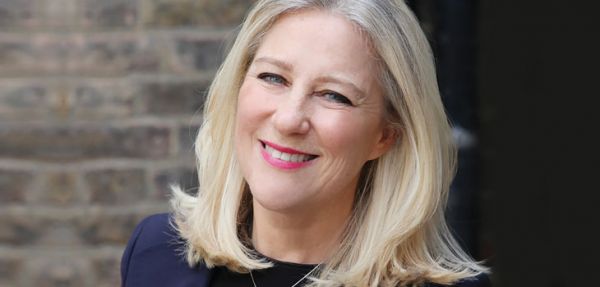
In a message to members this week, Bar Council chair Amanda Pinto QC (pictured) highlighted not-yet-published Bar Council research from its latest survey that ‘one third of the Bar has been shielding, self-isolating, vulnerable, caring for those self-isolating or vulnerable and a further third are the primary carer for children.’
Pinto said the Bar Council did not support extended hours and could not do so without ‘reliable evidence’ that it would be effective. She suggested maximising use of the court estate, better listing of cases and using more part-time judges instead.
Ministers’ proposals for a longer court day have fallen on stony ground at the Bar. Criminal Bar Association chair Caroline Goodwin QC said meetings take place before and after court, barristers often travel two hours to court and have extra work and costs on top.









